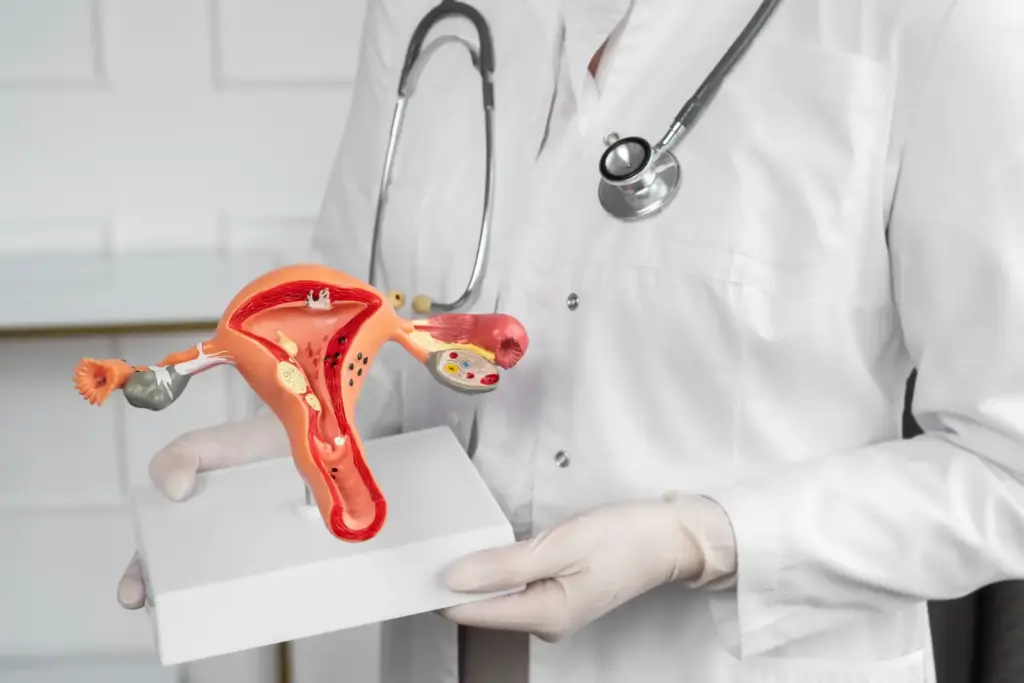
PCOS Awareness Month: As September marks PCOS Awareness Month, Indian doctors are raising alarm over the growing prevalence of polycystic ovary syndrome and the delays in diagnosis driven by stigma and low awareness. Globally, PCOS affects an estimated 6–26% of women; in India, nearly one in five young women is affected, yet experts say close to 70% of cases go unidentified.
PCOS is a hormonal disorder marked by irregular periods, weight gain, acne, excess hair growth and infertility. Often associated with fluid-filled sacs on the ovaries, the condition extends beyond reproductive health, raising risks of insulin resistance, type 2 diabetes, cardiovascular disease and endometrial cancer.
Also Read | 56% slower response, 10% lower accuracy: Study shows PCOS impacts women’s focus
“PCOS is one of the most widespread endocrine disorders among women of reproductive age. In India, stigma and lack of awareness delay diagnosis,” said Dr. Yashica Gudesar, Director and Unit Head, Obstetrics & Gynaecology, Max Super Speciality Hospital, Dwarka, news agency PTI reported.
Early screening and timely lifestyle interventions can prevent many complications, she added, noting links to low-grade inflammation along with genetic, environmental, and lifestyle factors. Family history raises susceptibility, while poor diet, inactivity, stress and obesity can trigger or worsen symptoms.
Treatment is individualised, Dr Gudesar said: “Not all women with PCOS need medical therapy. Often, lifestyle modification alone can be transformative, while medications are used when specific symptoms, such as infertility, irregular cycles or excess hair growth, need to be addressed.”
Calling PCOS a chronic condition with wide-ranging impacts, Dr Swapnil Agrahari, a gynaecologist at Silverstreak Multispeciality Hospital, urged a multi-pronged approach combining medical care with exercise, nutrition and stress management. Experts also flagged mental-health burdens, including anxiety, depression and social stress, which further deter early helpseekers.
“In metros, we’re seeing PCOS rise sharply among young women due to stress, poor diet and sedentary lifestyles,” said Dr Astha Dayal, Director, Obstetrics & Gynaecology, CK Birla Hospital, Gurugram, the report further added. “Early awareness and lifestyle changes, not just medication, are key to preventing long-term complications.”
With India already facing high rates of non-communicable diseases, such as diabetes and hypertension, doctors and health advocates called for nationwide awareness drives, routine screening, and integrated care addressing physical, emotional, and lifestyle needs. They urged women to seek timely medical advice, break the stigma around reproductive health and adopt preventive measures early.








